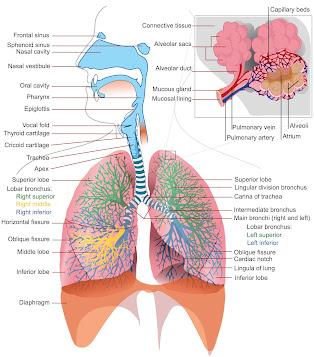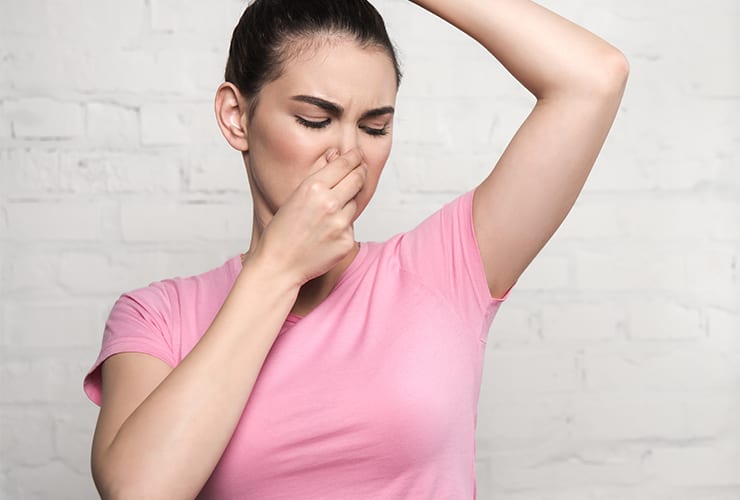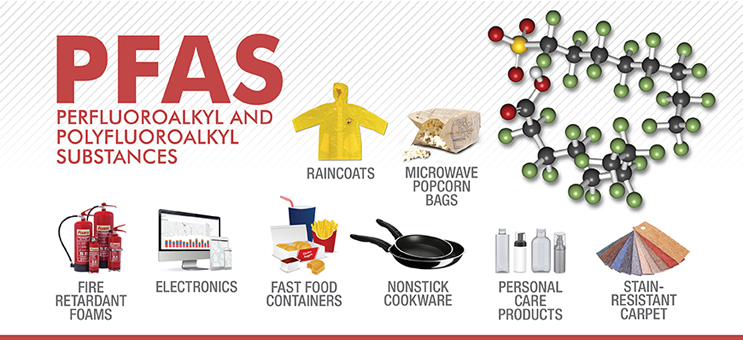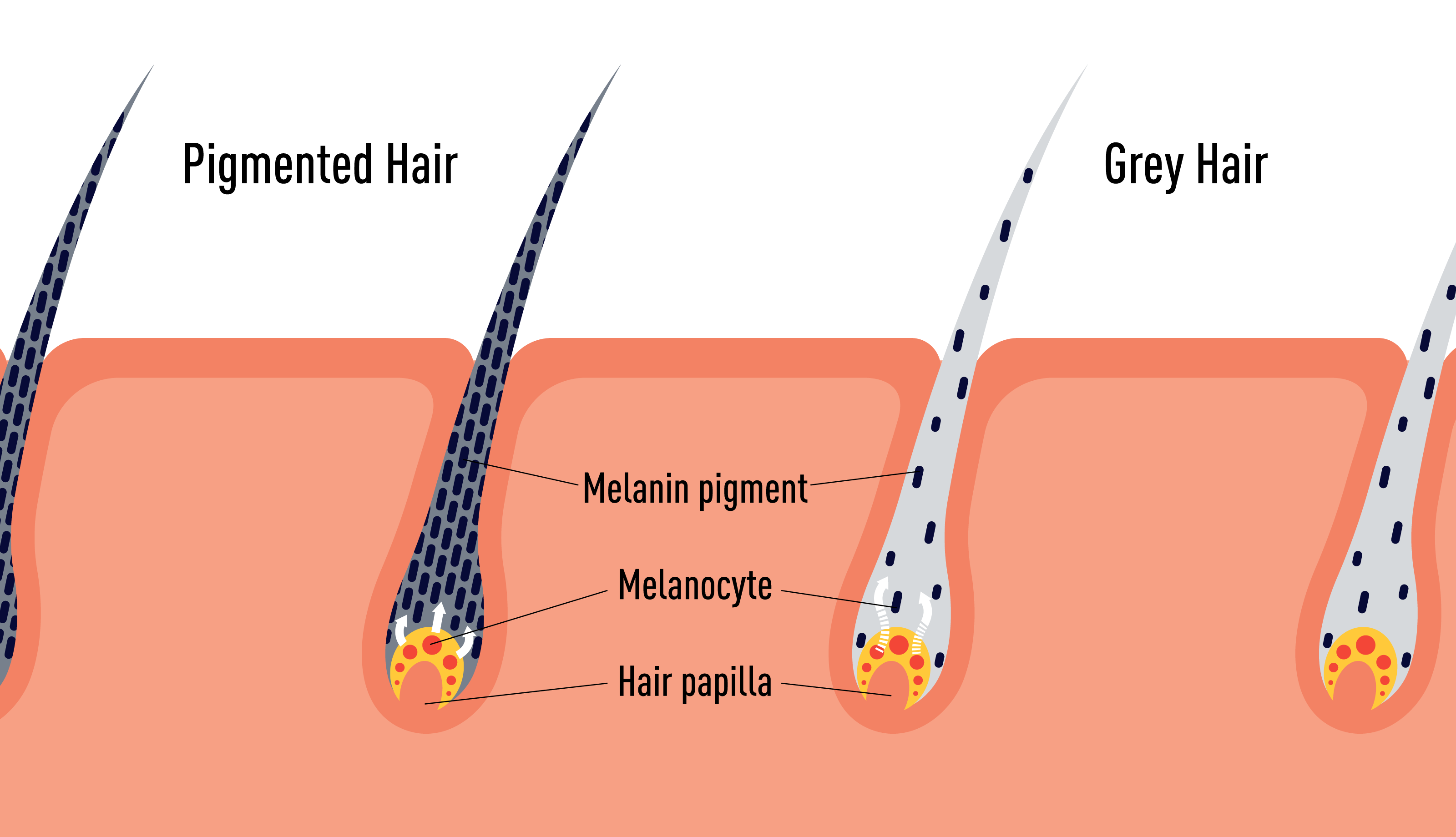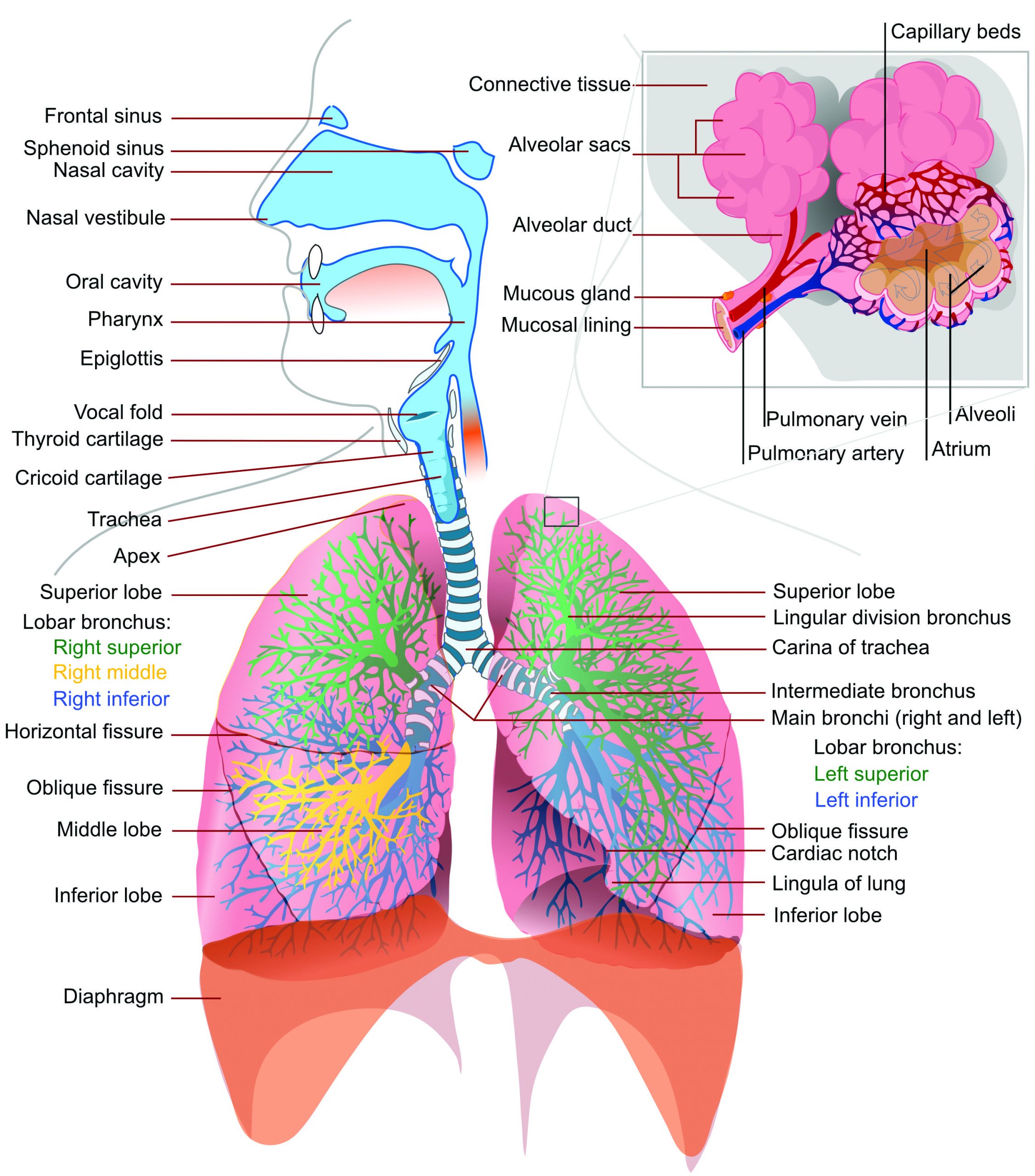
Hiccups are involuntary contractions of the diaphragm, the muscle that connects your chest and abdomen and controls your breathing. Each contraction is followed by an abrupt closing of your vocal cords, resulting in the “hic” sound. A heavy meal, alcoholic or carbonated beverages, or abrupt excitement might cause hiccups.
Why did we get hiccups?
Hiccups can occur for a variety of reasons, some of which are medical and others which are emotional. Because the irritation occurs in the nerve that connects the brain to the diaphragm, this is the case. Among the most common causes are:
- Overeating or eating too soon
- Feeling nervous or excited
- Carbonated beverages or excessive alcohol consumption
- Stress
- A quick temperature change
- Sucking air while chewing gum or sucking on candy
A hiccup is a reflex at its most fundamental level. It occurs when your diaphragm contracts suddenly, causing your chest and belly muscles to shake. The glottis, or the part of your throat that contains your voice chords, then closes. This produces the sounds of air being released from your lungs, or the involuntary “hic” sound associated with hiccups.
How to make it go away?
If your hiccups don’t go away after a few minutes, try one of the following home remedies:
- For one minute, gargle with ice water. The cool water will help to relieve any diaphragm inflammation.
- Take a little bite of ice.
- Slowly inhale into a paper bag. This causes your diaphragm to relax when the carbon dioxide in your lungs rises.
- Take a deep breath. This also contributes to the rise in carbon dioxide levels.
- There is no assurance that these solutions will work because there is no clear technique to stop hiccups, although they may be useful for some people.
- If you frequently experience hiccups, eating smaller meals and avoiding carbonated beverages and gassy foods may be beneficial.
If the symptoms persist, speak with your doctor. Make a note of when your hiccups appear and for how long they linger. Relaxation training, hypnosis, or acupuncture are examples of alternative or complementary treatments to consider.
At Last, Hiccups can be annoying and uncomfortable, but they’re usually nothing to be concerned about. If they’re frequent or persistent, though, there could be an underlying disease that requires medical treatment. Consult your doctor if your hiccups don’t go away after 48 hours, are severe enough to interfere with everyday activities, or appear to be happening more regularly.
Read More

